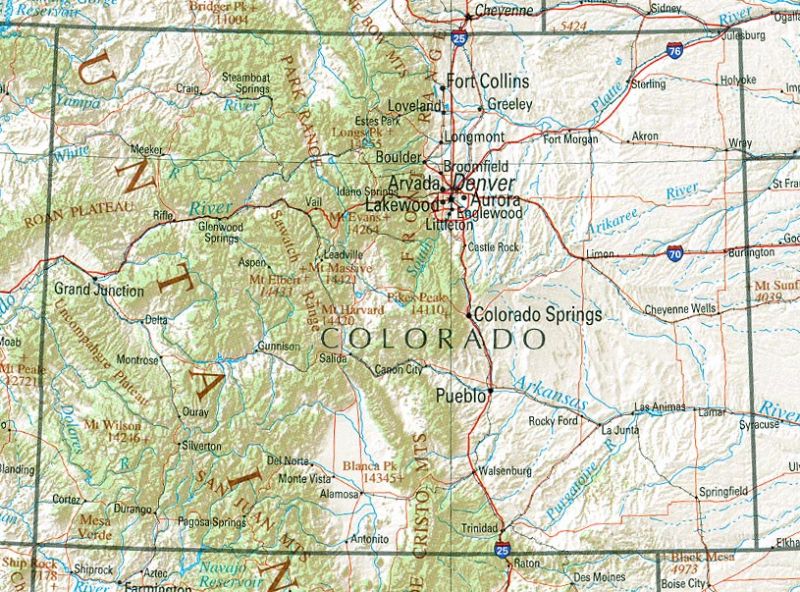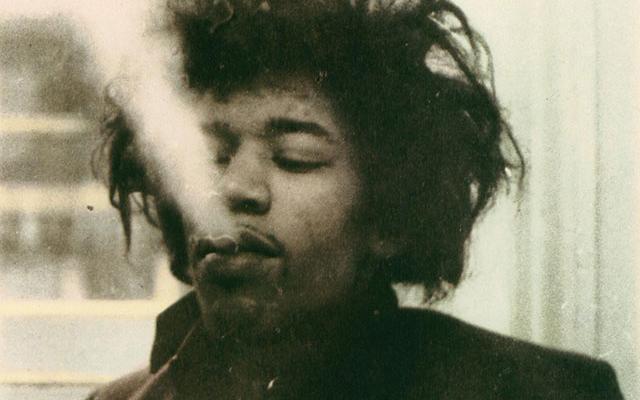 Delaware's Gov. Jack Markell on June 18 signed into law House Bill 39, decriminalizing possession and use of personal quantities of cannabis. The bill, which was approved by the state senate earlier that day, eliminates criminal penalties for possession of up to one ounce. Police may still confiscate the cannabis, however. The penalty for public use is reduced to a $100 civil fine. Selling will remain a criminal offense. Prior to the new legislation, simple possession was a misdemeanor with penalties of up to six months in prison and as a $1,150 fine. A statement from the governor's office on the new law said: "The governor remains committed to reducing the number of people entering the criminal justice system and refocusing resources where they are needed most and House Bill 39 supports these efforts." The law will take effect in six months. (Jurist, June 20)
Delaware's Gov. Jack Markell on June 18 signed into law House Bill 39, decriminalizing possession and use of personal quantities of cannabis. The bill, which was approved by the state senate earlier that day, eliminates criminal penalties for possession of up to one ounce. Police may still confiscate the cannabis, however. The penalty for public use is reduced to a $100 civil fine. Selling will remain a criminal offense. Prior to the new legislation, simple possession was a misdemeanor with penalties of up to six months in prison and as a $1,150 fine. A statement from the governor's office on the new law said: "The governor remains committed to reducing the number of people entering the criminal justice system and refocusing resources where they are needed most and House Bill 39 supports these efforts." The law will take effect in six months. (Jurist, June 20)

 The
The  We noted last year that a Seattle-based equity firm is planning to market "
We noted last year that a Seattle-based equity firm is planning to market " Legislators on Capitol Hill passed three amendments June 3 to bar the DEA and Department of Justice from undermining state marijuana laws, as part of the US House of Representatives' consideration of the Fiscal Year 2016 Commerce, Justice, and Science Appropriations bill. "There’s unprecedented support on both sides of the aisle for ending the federal war on marijuana and letting states set their own drug policies based on science, compassion, health, and human rights," said Bill Piper, director of national affairs for the
Legislators on Capitol Hill passed three amendments June 3 to bar the DEA and Department of Justice from undermining state marijuana laws, as part of the US House of Representatives' consideration of the Fiscal Year 2016 Commerce, Justice, and Science Appropriations bill. "There’s unprecedented support on both sides of the aisle for ending the federal war on marijuana and letting states set their own drug policies based on science, compassion, health, and human rights," said Bill Piper, director of national affairs for the 
 Puerto Rico's Gov.
Puerto Rico's Gov.  Here we go again. As with
Here we go again. As with  Back in March, Connecticut's Supreme Court, the state's highest, ruled that those convicted of past cannabis possession misdemeanors can have the charges erased from their records because the state decriminalized the herb in 2011. The unanimous ruling came in the case of Nicholas Menditto, who will now have his 2009 possession conviction expunged from his record. (
Back in March, Connecticut's Supreme Court, the state's highest, ruled that those convicted of past cannabis possession misdemeanors can have the charges erased from their records because the state decriminalized the herb in 2011. The unanimous ruling came in the case of Nicholas Menditto, who will now have his 2009 possession conviction expunged from his record. (





Recent comments
1 week 6 days ago
2 weeks 5 days ago
6 weeks 5 days ago
10 weeks 4 days ago
14 weeks 4 days ago
15 weeks 2 days ago
25 weeks 2 days ago
29 weeks 3 days ago
30 weeks 3 days ago
30 weeks 3 days ago